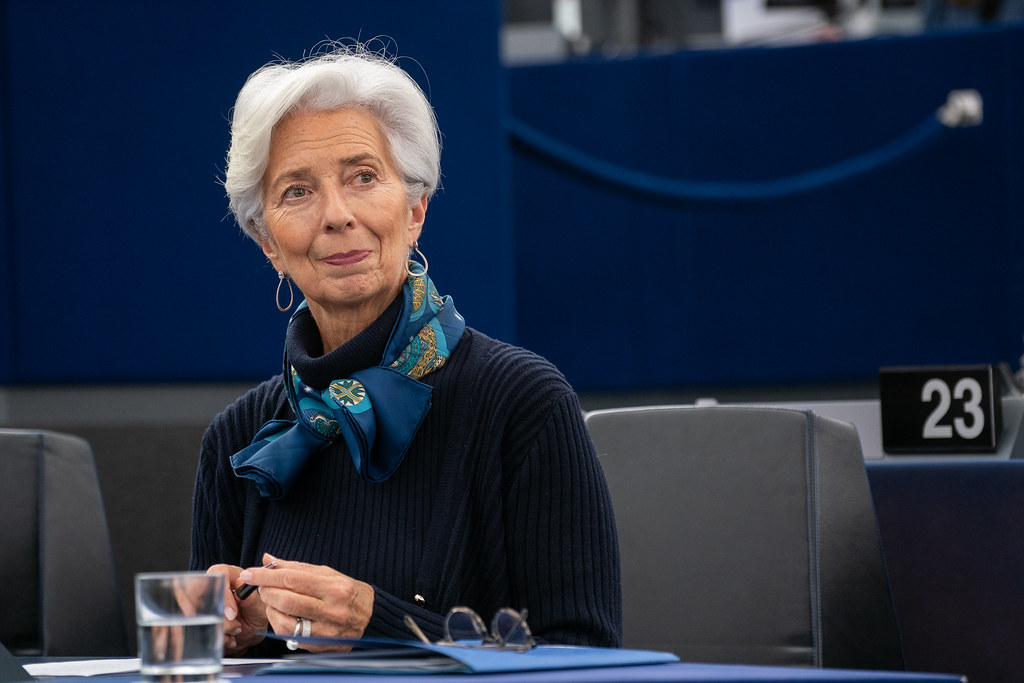The ECB has kept the base interest rate on loans at zero, the deposit rate - at minus 0.5%, the margin loan rate, as before, will be 0.25%, the bank said. It notes that the rates will remain at the current level or will be lower until inflation in the eurozone approaches the target.
In addition, the ECB announced its readiness to increase the scale of the Pandemic Emergency Purchase Program announced in March, amounting to € 750 billion.
The purchase will continue until the “crisis caused by the coronavirus pandemic comes to an end, and in any case, by the end of this year,” the bank said. It also announced the launch of a new emergency program for banks to provide long-term loans in a pandemic. The program should support the volume of liquidity in the financial system and help ensure the smooth functioning of money markets. The regulator will begin implementing this program in May 2020.
The head of the ECB, Christine Lagarde, after the meeting said that the regulator was ready to do everything necessary to support the economy, and made a forecast that Eurozone GDP could fall by 5-12% this year. Meanwhile, according to preliminary estimates by Eurostat, in the first quarter, the economy of the currency bloc shrank by a record 3.8% quarter-on-quarter, while even at the height of the financial crisis (in the first quarter of 2009), the decline was 3.1%. According to national statistics agencies, Italy's GDP fell by 4.7%, France - by 5.8%, Spain - by 5.2%. According to Euler Hermes, in April-June, the depth of the quarterly decline may increase to 17% (a decrease of 9.3% is expected throughout the year). Consumption and investment will remain weak until a vaccine or effective treatment is available, experts say.
source: ec.europa.eu
In addition, the ECB announced its readiness to increase the scale of the Pandemic Emergency Purchase Program announced in March, amounting to € 750 billion.
The purchase will continue until the “crisis caused by the coronavirus pandemic comes to an end, and in any case, by the end of this year,” the bank said. It also announced the launch of a new emergency program for banks to provide long-term loans in a pandemic. The program should support the volume of liquidity in the financial system and help ensure the smooth functioning of money markets. The regulator will begin implementing this program in May 2020.
The head of the ECB, Christine Lagarde, after the meeting said that the regulator was ready to do everything necessary to support the economy, and made a forecast that Eurozone GDP could fall by 5-12% this year. Meanwhile, according to preliminary estimates by Eurostat, in the first quarter, the economy of the currency bloc shrank by a record 3.8% quarter-on-quarter, while even at the height of the financial crisis (in the first quarter of 2009), the decline was 3.1%. According to national statistics agencies, Italy's GDP fell by 4.7%, France - by 5.8%, Spain - by 5.2%. According to Euler Hermes, in April-June, the depth of the quarterly decline may increase to 17% (a decrease of 9.3% is expected throughout the year). Consumption and investment will remain weak until a vaccine or effective treatment is available, experts say.
source: ec.europa.eu





